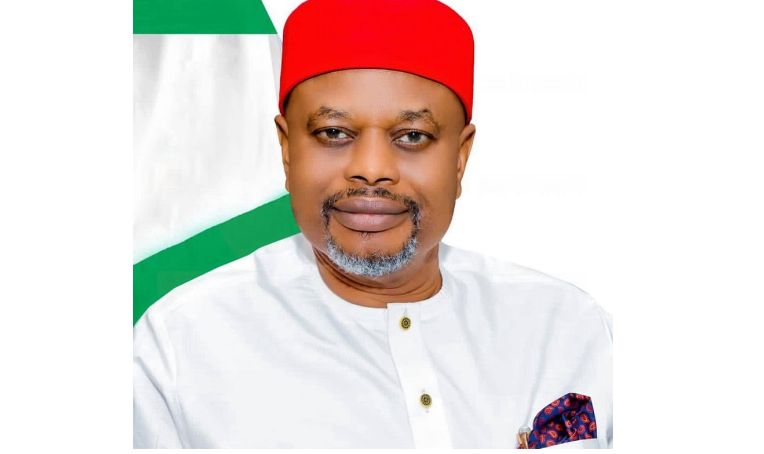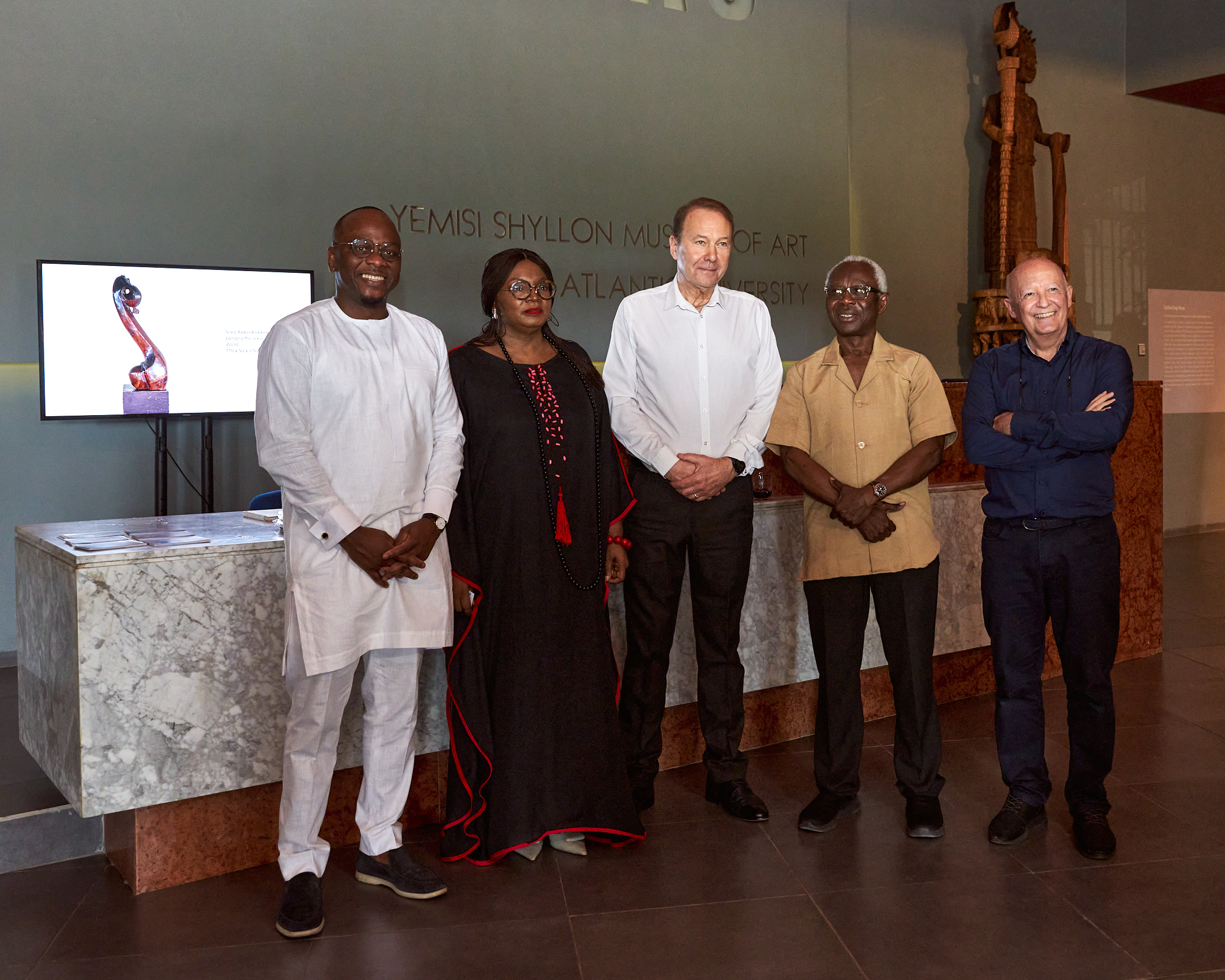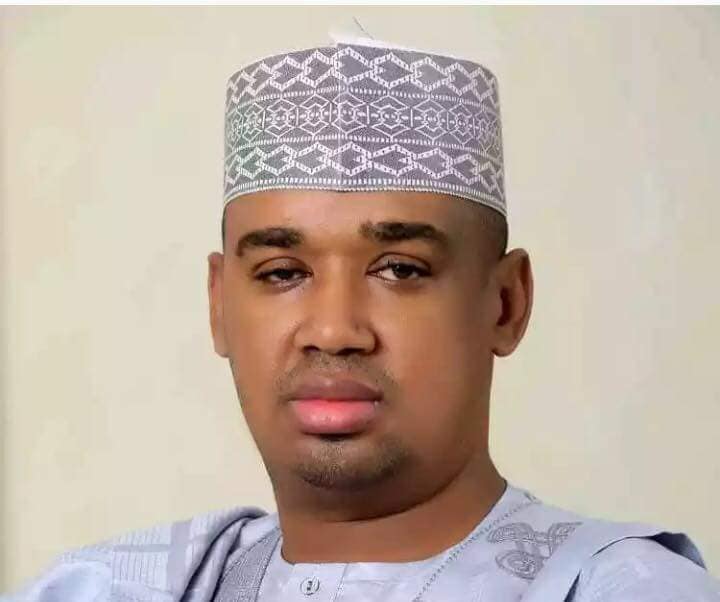New Recommendations To Help End Deaths From Postpartum Haemorrhage —Global Health Agencies
 Through landmark new guidelines released , leading reproductive health agencies are calling for a major shift in how postpartum haemorrhage (PPH) is prevented, diagnosed and treated.
Through landmark new guidelines released , leading reproductive health agencies are calling for a major shift in how postpartum haemorrhage (PPH) is prevented, diagnosed and treated.
Defined as excessive bleeding after childbirth, PPH affects millions of women annually and causes nearly 45 000 deaths, making it one of the leading causes of maternal mortality globally. Even when not fatal, it can lead to lifelong physical and mental health impacts, from major organ damage to hysterectomies, anxiety and trauma.
“Postpartum haemorrhage is the most dangerous childbirth complication since it can escalate with such alarming speed. While it is not always predictable, deaths are preventable with the right care,” said Dr Jeremy Farrar, Assistant Director-General for Health Promotion and Disease Prevention and Care. “These guidelines are designed to maximize impact where the burden is highest and resources are most limited – helping ensure more women survive childbirth and can return home safely to their families.”
New diagnostic criteria for rapid action
Published by the World Health Organization (WHO), the International Federation of Gynecology and Obstetrics (FIGO) and the International Confederation of Midwives (ICM), the guidelines introduce new objective diagnostic criteria for detecting PPH, based on the largest study on the topic to date – also published today in The Lancet.
Many PPH cases occur without identifiable risk factors, meaning early detection and rapid response is critical. Yet in many settings, especially where healthcare resources and labour wards are overstretched, delays in treatment result in devastating consequences.
Typically, PPH has been diagnosed as a blood loss of 500 mL or more. Now, clinicians are also advised to act when the blood loss reaches 300 mL, and any abnormal vital signs have been observed. To diagnose PPH early, doctors and midwives are advised to monitor women closely after birth and use calibrated drapes – simple devices that collect and accurately quantify lost blood – so that they can act immediately when criteria are met.
The guidelines recommend the immediate deployment of the MOTIVE bundle of actions once PPH has been diagnosed. This includes:
Massage of the uterus;
Oxytocic drugs to stimulate contractions;
Tranexamic acid (TXA) to reduce bleeding;
Intravenous fluids;
Vaginal and genital tract examination; and
Escalation of care if bleeding persists.
In rare cases where bleeding continues, the guidelines also recommend effective interventions such as surgery or blood transfusion to safely stabilize a woman’s condition until further treatment becomes available.
“Women affected by PPH need care that is fast, feasible, effective and drives progress towards eliminating PPH-related deaths,” said Professor Anne Beatrice Kihara, President of FIGO. “These guidelines take a proactive approach of readiness, recognition and response. They are designed to ensure real-world impact – empowering health workers to deliver the right care, at the right time, and in a wide range of contexts.”
Reducing risks through effective prevention
The guidelines emphasize the importance of good antenatal and postnatal care to mitigate critical risk factors such as anaemia, which is highly prevalent in low- and lower-middle income countries. Anaemia increases the likelihood of PPH and worsens outcomes if it occurs. Recommendations for anaemic mothers include daily oral iron and folate during pregnancy and intravenous iron transfusions when rapid correction is needed, including after PPH, or, if oral therapy fails.
The publication also discourages unsafe practices such as routine episiotomies while promoting preventive techniques like perineal massage in late pregnancy, so as to reduce the likelihood of trauma and severe bleeding after birth.
During the third stage of labour, the guidelines recommend administering a quality-assured uterotonic to support uterine contraction, preferably oxytocin or heat-stable carbetocin as an alternative. If intravenous options are not available and the cold chain is unreliable, misoprostol may be used as a last resort.
“Midwives know first-hand how quickly postpartum haemorrhage can escalate and cost lives,” said Professor Jacqueline Dunkley-Bent OBE, ICM’s Chief Midwife. “These guidelines are a game-changer. But to end preventable deaths from PPH, we need more than evidence and protocols. We call on governments, health systems, donors, and partners to step up, adopt these recommendations, adopt them quickly, and invest in midwives and maternal care so that postpartum haemorrhage becomes a tragedy of the past.”
The guidelines are accompanied by a suite of training and implementation resources, developed with partners including UNFPA. These tools consist of practical modules for frontline health workers, national-level guides for introducing new practices, and simulation-based training to strengthen emergency response.
These consolidated guidelines–the first to uniquely focus on PPH–are being launched at the 2025 FIGO World Congress in Cape Town, South Africa. They are a crucial step in the implementation of the Global Roadmap for Combatting PPH between 2023 and 2030.




 LarryBravo Nwaiwu
LarryBravo Nwaiwu






 The Federal High Court in Abuja has struck out a suit filed by businessman Abubakar Ismaila Isa Funtua, who alleged that his 43 million shares were transferred without his consent to Emerging Markets Telecommunication Services Limited (EMTS), operators of 9mobile.
The Federal High Court in Abuja has struck out a suit filed by businessman Abubakar Ismaila Isa Funtua, who alleged that his 43 million shares were transferred without his consent to Emerging Markets Telecommunication Services Limited (EMTS), operators of 9mobile.





